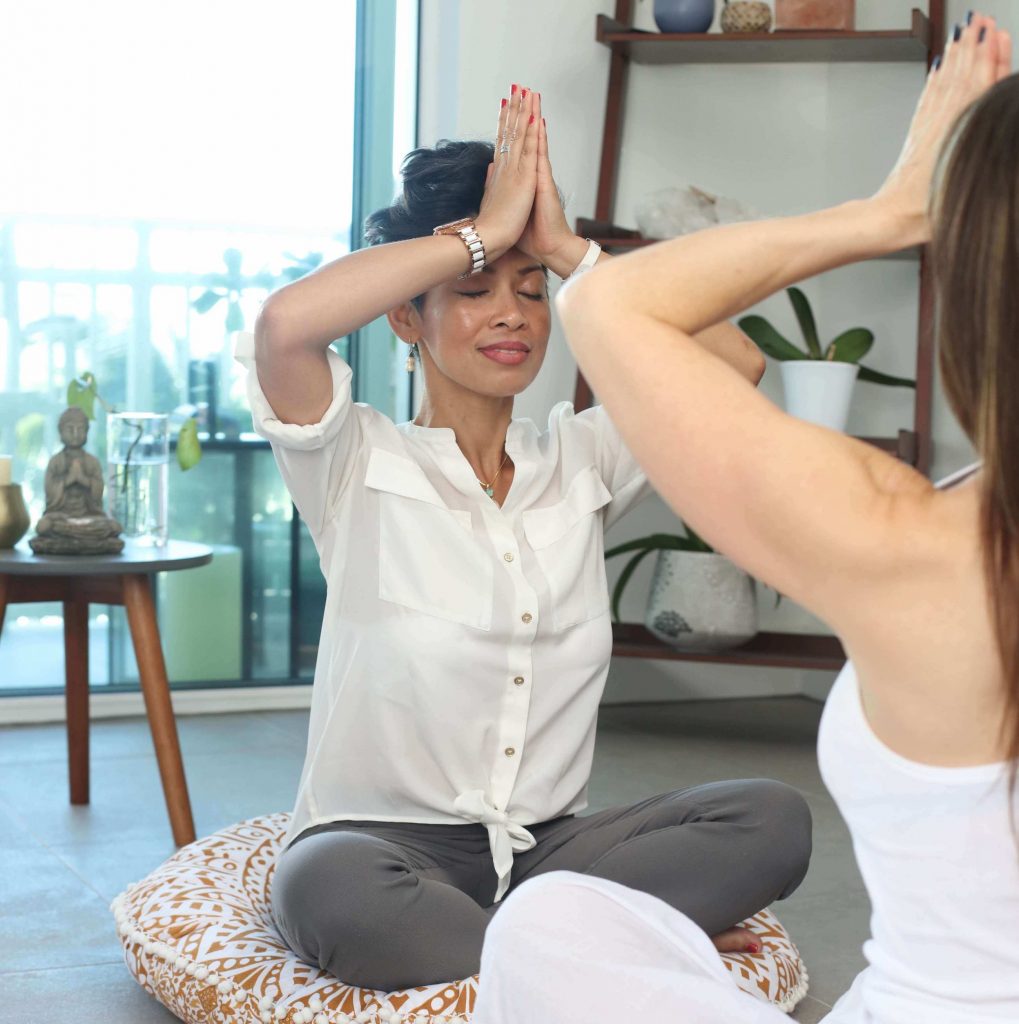Transform Your Life: A Practical Guide to Living the Zen Lifestyle Every Day

Introduction: The Essence of a Zen Lifestyle
Living a Zen lifestyle means more than practicing meditation; it’s about adopting a holistic approach to life that emphasizes simplicity , mindfulness , and being fully present in each moment. Rooted in Zen Buddhism, this way of living invites you to clear mental and physical clutter, focus on what truly matters, and foster inner peace by embracing every action as an opportunity for practice and self-awareness. [1]
Understanding Core Zen Principles
To successfully live a Zen lifestyle, it’s essential to understand its guiding principles. These include:

Source: thorntonsbudgens.com
- Embracing Minimalism: Reduce excess in possessions, commitments, and relationships to create space for joy and meaning.
- Cultivating Mindfulness: Practice being fully present in every moment, letting go of judgment and distraction.
- Letting Go of Ego: Recognize the illusion of a fixed self and develop a sense of interconnectedness with others and the world. [2]
- Practicing Compassion and Non-Attachment: Understand that attachment is a source of suffering and strive for compassion and acceptance instead.
These principles are not abstract ideals but practical guidelines for daily living. For example, Zen teachings emphasize that each action, from cleaning to eating, can be a form of practice when performed with intention and presence. [5]
Practical Steps to Implement Zen in Daily Life
1. Simplify Your Environment
Begin by decluttering your living and working spaces. Remove items you don’t use or truly need. This process isn’t just about aesthetics-it helps reduce mental distractions and supports a calm, focused mind. For example, many people find that when their workspace is organized and minimal, they can concentrate better and feel less overwhelmed by daily tasks. [1]
2. Adopt Mindful Routines
Zen living encourages focusing on
one activity at a time
. Whether you’re eating, working, or simply walking, bring your full attention to the present action. Try setting aside specific times to practice mindfulness each day-such as during meals or cleaning. The act of eating, for instance, becomes an opportunity to savor each bite and appreciate your food, a tradition known in Zen as
shojin ryori
.
[5]
3. Establish a Meditation Practice (Zazen)
A central element of the Zen lifestyle is zazen , or seated meditation. This practice involves sitting in a comfortable, upright position, focusing on your breath, and gently returning your attention to the present whenever your mind wanders. Even a few minutes of zazen each day can promote a sense of calm, clarity, and emotional regulation. [3]
To get started, find a quiet space, sit with your back straight (cross-legged or on a chair), close your eyes or lower your gaze, and focus on your breath. If your thoughts drift, acknowledge them without judgment and return to your breath. Over time, regular practice can help you become more resilient to stress and more attuned to your experiences.
4. Do Every Action with Full Attention
In Zen, every movement and task-no matter how mundane-can become a form of meditation. Clean your home with care, eat your meals slowly, and engage in conversations with undivided attention. The key is to avoid multitasking and instead pour your focus into a single activity at a time. [4]
For example, when washing dishes, notice the temperature of the water, the texture of the plates, and the rhythm of your hands. When walking, feel the movement of your body and the sensation of your feet on the ground. Over time, this approach can bring a sense of meaning and satisfaction to even the simplest tasks.
5. Structure Your Day, But Remain Flexible
Zen practice values both structure and spontaneity. Having a routine-such as daily meditation, mindful meals, and set times for work and rest-can provide a foundation for stability. However, it’s also important to carry this structure lightly and remain open to unexpected changes. For instance, if your routine is disrupted, see it as an opportunity to practice acceptance and adaptability, core tenets of Zen philosophy. [3]
Examples and Real-World Applications
Consider the example of a working professional feeling overwhelmed by daily demands. By simplifying their workspace, prioritizing tasks, and taking regular pauses for mindful breathing, they can reduce anxiety and improve productivity. Another example is a parent using mindful eating practices at family meals, which not only enhances their own experience but also fosters deeper connections with their children.
Many people also find value in joining meditation groups or Zen centers, where they can learn from experienced practitioners and receive guidance. While in-person attendance may not always be possible, many established Zen centers offer online resources and virtual meditation sessions. You can search for “Zen meditation centers” or “zazen online” to find reputable organizations in your area or online.
Overcoming Challenges and Finding Alternatives
Adopting a Zen lifestyle is not without challenges. Common obstacles include difficulty maintaining focus, resistance to letting go of possessions, or discomfort with meditation. If you struggle to stay present, try starting with short periods of mindfulness and gradually increasing your practice. For decluttering, begin with a single drawer or shelf and expand outward.
If traditional meditation feels daunting, alternative practices such as mindful walking, yoga, or journaling can also cultivate present-moment awareness. The key is consistency and a willingness to approach each day with curiosity and acceptance.
Accessing Zen Resources and Support
For those interested in deeper study or community support, consider seeking out local Zen groups, meditation centers, or online platforms with established reputations. When searching online, use keywords such as “Zen meditation near me,” “Zen Buddhist centers,” or “introductory zazen sessions.” Always verify the credibility of any organization before participating. For educational content, you can explore respected resources such as the official websites of well-known Zen centers or reputable educational platforms offering mindfulness courses.
If you wish to learn more about Zen philosophy, many public libraries and bookstores carry books on Zen teachings and practices. Seek titles by recognized Zen teachers, and consider joining public workshops or seminars on mindfulness and meditation for guided learning.
Key Takeaways: Building Your Zen Path
Living a Zen lifestyle is an ongoing journey, not a final destination. By embracing simplicity, practicing mindfulness in every action, and approaching life with an open, nonjudgmental attitude, you can cultivate resilience, peace, and joy. Start small, remain patient with yourself, and remember that every moment is a new opportunity to practice Zen. As you integrate these principles, you’ll likely find greater clarity, improved well-being, and a deeper sense of connection to yourself and the world around you.

Source: animalia-life.club






